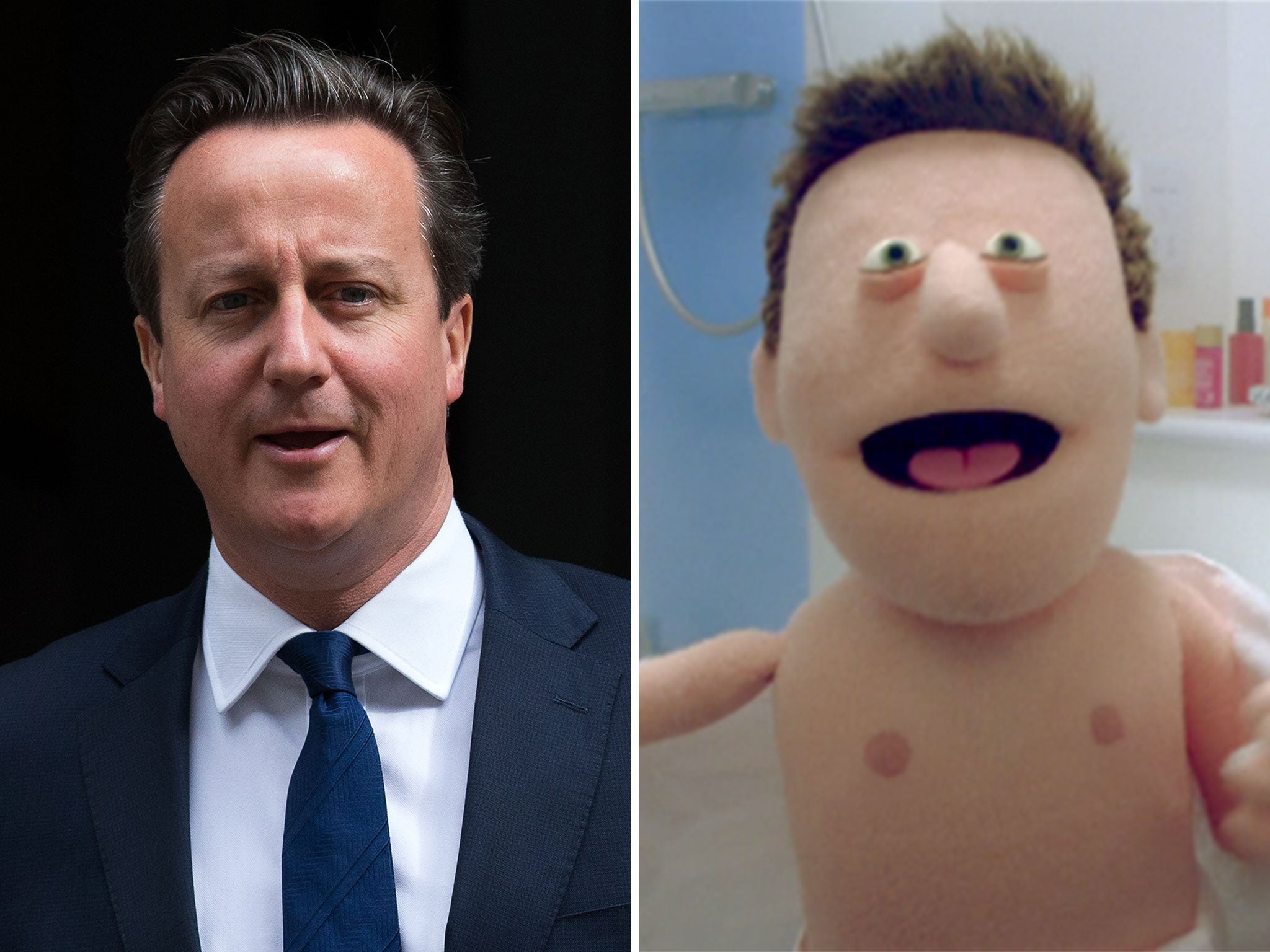Travelodge denies puppet in new advert is based on David Cameron
Viewers are congratulating the Prime Minister on his new part time job

Your support helps us to tell the story
From reproductive rights to climate change to Big Tech, The Independent is on the ground when the story is developing. Whether it's investigating the financials of Elon Musk's pro-Trump PAC or producing our latest documentary, 'The A Word', which shines a light on the American women fighting for reproductive rights, we know how important it is to parse out the facts from the messaging.
At such a critical moment in US history, we need reporters on the ground. Your donation allows us to keep sending journalists to speak to both sides of the story.
The Independent is trusted by Americans across the entire political spectrum. And unlike many other quality news outlets, we choose not to lock Americans out of our reporting and analysis with paywalls. We believe quality journalism should be available to everyone, paid for by those who can afford it.
Your support makes all the difference.With his short brown hair, thin nose, and rounded face, viewers are convinced a naked puppet in a new budget hotel advert is based on Prime Minister David Cameron.
The Travelodge advert features a group of singing puppets, including an everyman character called Max who visits a hotel with his wife and child, Sophie and Lily.
Hundreds of viewers who have seen the new advert tweeted in faux shock that the Prime Minister appears to have a job on the side.
Some congratulated the Prime Minister for securing a part-time job, while most simply asking "Why is David Cameron advertising for Travelodge?"
But Travelodge has stressed that the likeness is a co-incidence, which is just as well, as it is illegal to use characteristic which could identify a person, including they name, likeness or voice, without permission for a commercial purpose.
A spokesman for the firm told The Mirror: “Perhaps he just has one of those familiar-looking faces because it's also been pointed out that Max looks a bit like the former England manager Fabio Capello as well.”
Last year, Goodfellas actor Frank Sivero launched a $250million lawsuit against the makers of The Simpsons, claiming the programme “based this character on his own personality” and had contributed to "type-casting" him.
Join our commenting forum
Join thought-provoking conversations, follow other Independent readers and see their replies
Comments